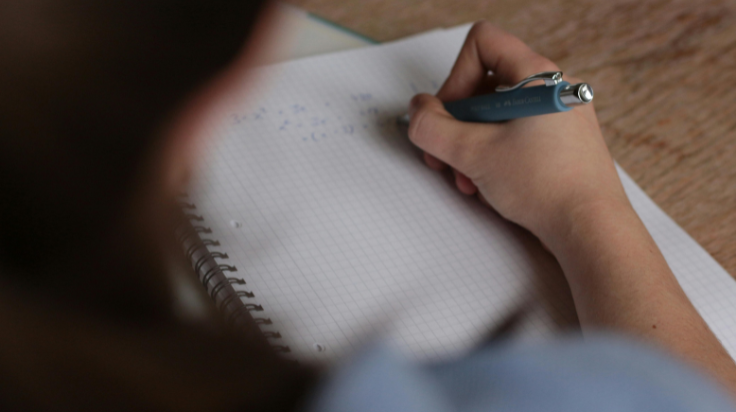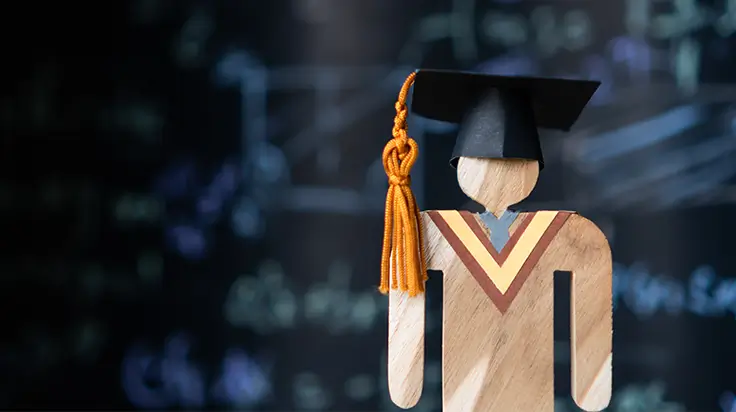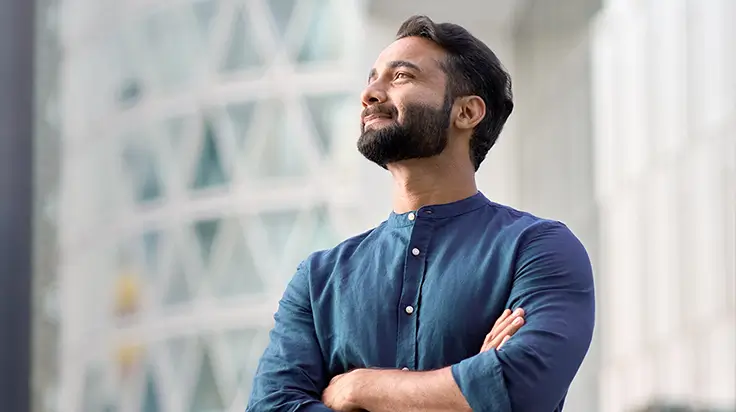Featured Blogs
Explore more Categories
Ready to both up something new? We've got more to read right this way
Subscribe to UPES Blogs
Join our community for exclusive stories, insights, and updates
By clicking the "Subscribe" button, I agree and accept the privacy policy of UPES.
Thank you for subscribing to UPES blogs.
A subscriber email already exists.
Please enter your email







